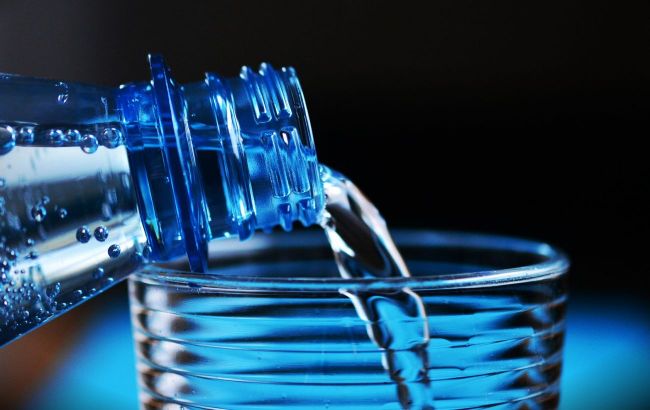New study finds how much water men and women should really drink
 Scientists determined a new daily water intake standard (photo: pixabay.com)
Scientists determined a new daily water intake standard (photo: pixabay.com)
Doctors, scientists, nutritionists, and specialists in healthy eating constantly repeat the same advice: a person should drink plenty of water daily. While the recommendations vary among experts, most suggest consuming 1.5 to 2 liters per day. However, a meta-analysis of the effects shows this may not be enough.
How drinking a large amount of water affects the body and how much water should be consumed daily, explains Science Alert.
Researchers from the University of California, San Francisco, conducted a meta-analysis on the impact of high water consumption on various health aspects.
This study, the first of its kind, analyzed data from 18 other studies. The findings highlight the significant potential and remarkable benefits of regular water intake for the human body.
According to scientists, consuming large amounts of water has numerous positive effects, including a reduced risk of kidney stones, better weight management, and a lower likelihood of migraines and urinary tract infections.
Water significantly improves conditions like diabetes and low blood pressure.
Adequate water consumption prevents dehydration, which, according to WHO, is linked to reduced life expectancy and an increased risk of chronic diseases.
Water helps regulate body temperature, flush out toxins, and remove other harmful metabolic byproducts.
To achieve the best effects, specific water intake guidelines have been established: approximately 3.2 liters per day for men and 2.7 liters per day for women (in moderate climates). However, these values may vary depending on individual needs and environmental conditions.
Earlier, we wrote about how to establish a proper daily routine.
This material is for informational purposes only and should not be used for medical diagnosis or self-treatment. Our goal is to provide readers with accurate information about symptoms, causes, and methods of detecting diseases. RBС-Ukraine is not responsible for any diagnoses that readers may make based on materials from the resource. We do not recommend self-treatment and advise consulting a doctor in case of any health concerns.

